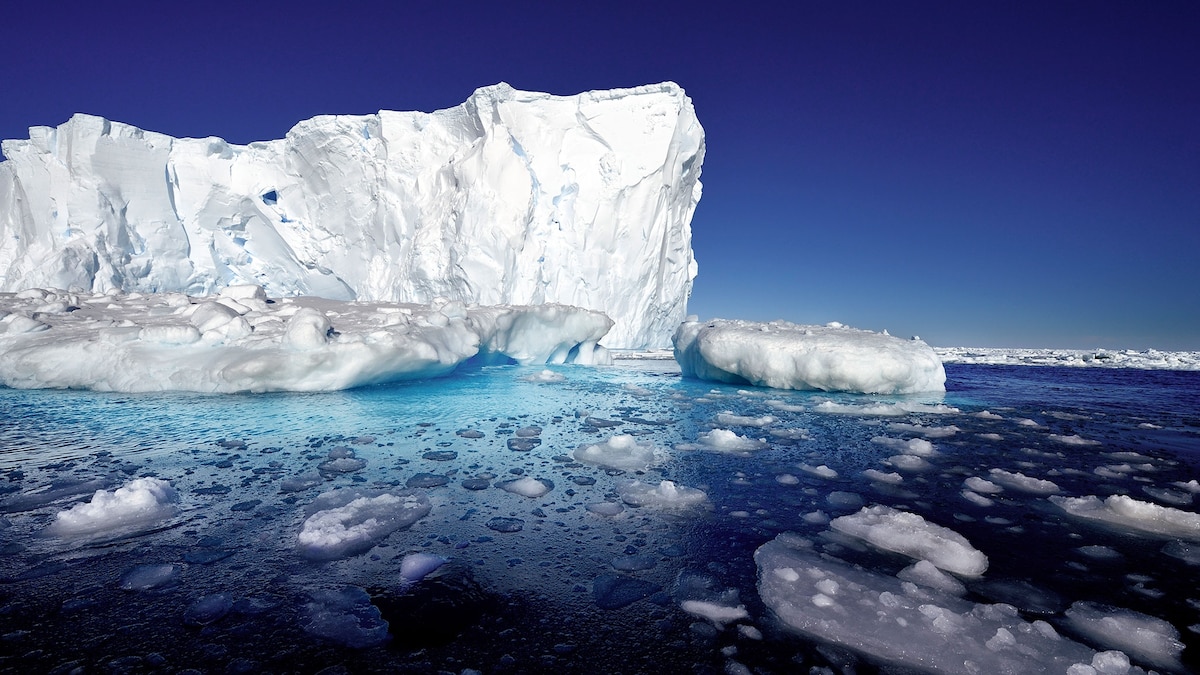Hi Helio,
How can we know beyond a reasonable doubt that the model today is close to anything bullitproof?
By comparing model to reality. This has been done. Result: climate models have been highly successful. See, for example, Hausfather, Z., Drake, H. F., Abbott, T., & Schmidt, G. A. (2019), “Evaluating the performance of past climate model projections,” Geophysical Research Letters. At
https://www.dropbox.com/s/3vjpuqcd6d52so1/2019 - Evaluating the performance of past climate model projections.pdf?dl=0 . From Abstract: “We find that climate models published over the past five decades were skillful in predicting subsequent [global mean surface temperature] changes, with most models examined showing warming consistent with observations . . .”
Where there is scientific controversy, it is mainly about whether scientists have been
underpredicting the severity of climate change (not temperature rise per se, but its effects, like Arctic melting): see for example Oreskes et al., "Scientists Have Been Underestimating the Pace of Climate Change,” Scientific American, Aug. 19 2019.
https://blogs.scientificamerican.co...n-underestimating-the-pace-of-climate-change/
Extraordinary claims do, as you say, require extraordinary evidence. The extraordinary claim that the Earth system is being rapidly pushed into a radically altered climate state has been backed by extraordinary evidence, i.e. the agreement of half a century of physics-based calculations with hundreds of independent evidence streams, paleoclimatic and contemporary. The criterion is met. The extraordinary claim must be credited.
Given the models’ superb real-world performance on global temperature rise, I suggest that your concerns about their complexity can be put aside. Performance is proof. We should move on to dealing with the models' predictions.
I'm not arguing that you are wrong, but interested in knowing a reasonable level of probability of a dire future in 50 years. I have kids and grandkids, after all.
Re. “reasonable”: When considering an existential threat, even a fairly low level of probability not only justifies but actually mandates emergency response. If the police assured you that there was a 20% chance that a sniper would blow your head off as soon as you poked it out the front door, you would, I hope, see your situation as extremely dire. You would not require an "absolute claim" or even a probability estimate in the 80-100 percentile range. An existential risk to civilization, likewise.
That said, the probability of existential crisis is very high. Although stating a specific percentage would be an exercise in spurious precision, I offer the following scientific papers in support of the claim that we are with some very high probability (i.e., high by any survival-oriented standard) in a state of existential emergency:
1) Steffen et al., "Trajectories of the Earth System in the Anthropocene," Proceedings of the National Academies of Science, August 14, 2018, vol. 115, no. 33.
https://www.pnas.org/content/115/33/8252
"We explore the risk that self-reinforcing feedbacks could push the Earth System toward a planetary threshold that, if crossed, could prevent stabilization of the climate at intermediate temperature rises and cause continued warming on a ‘Hothouse Earth’ pathway even as human emissions are reduced. . . . Hothouse Earth is likely to be uncontrollable and dangerous to many [and] poses severe risks for health, economies, political stability . . . and ultimately, the habitability of the planet for humans."
2) Lenton et al., "Climate tipping points — too risky to bet against," Nature, Vol 575, 28 November 2019, 592-595.
https://www.nature.com/articles/d41586-019-03595-0 "
[T]he evidence from tipping points alone suggests that we are in a state of planetary emergency: both the risk and urgency of the situation are acute . . . [T]he intervention time left to prevent tipping could already have shrunk towards zero, whereas the reaction time to achieve net zero emissions is 30 years at best."
3) “World Scientists’ Warning of a Climate Emergency,” BioScience 2019.
https://academic.oup.com/bioscience/article/70/1/8/5610806
“We declare, with more than 11,000 scientist signatories from around the world, clearly and unequivocally that planet Earth is facing a climate emergency. The climate crisis has arrived and is accelerating faster than most scientists expected . . . It is more severe than anticipated, threatening natural ecosystems and the fate of humanity. . . . [C]limate chain reactions could cause significant disruptions to ecosystems, society, and economies, potentially making large areas of Earth uninhabitable.”
4) Bradshaw et al., “Underestimating the Challenges of Avoiding a Ghastly Future,” Frontiers in Conservation Science, Jan. 2021.
https://www.frontiersin.org/articles/10.3389/fcosc.2020.615419/full
“The scale of the threats to the biosphere and all its lifeforms—including humanity—is in fact so great that it is difficult to grasp for even well-informed experts.”
Respectfully,
Larry Gilman

www.nationalgeographic.com


